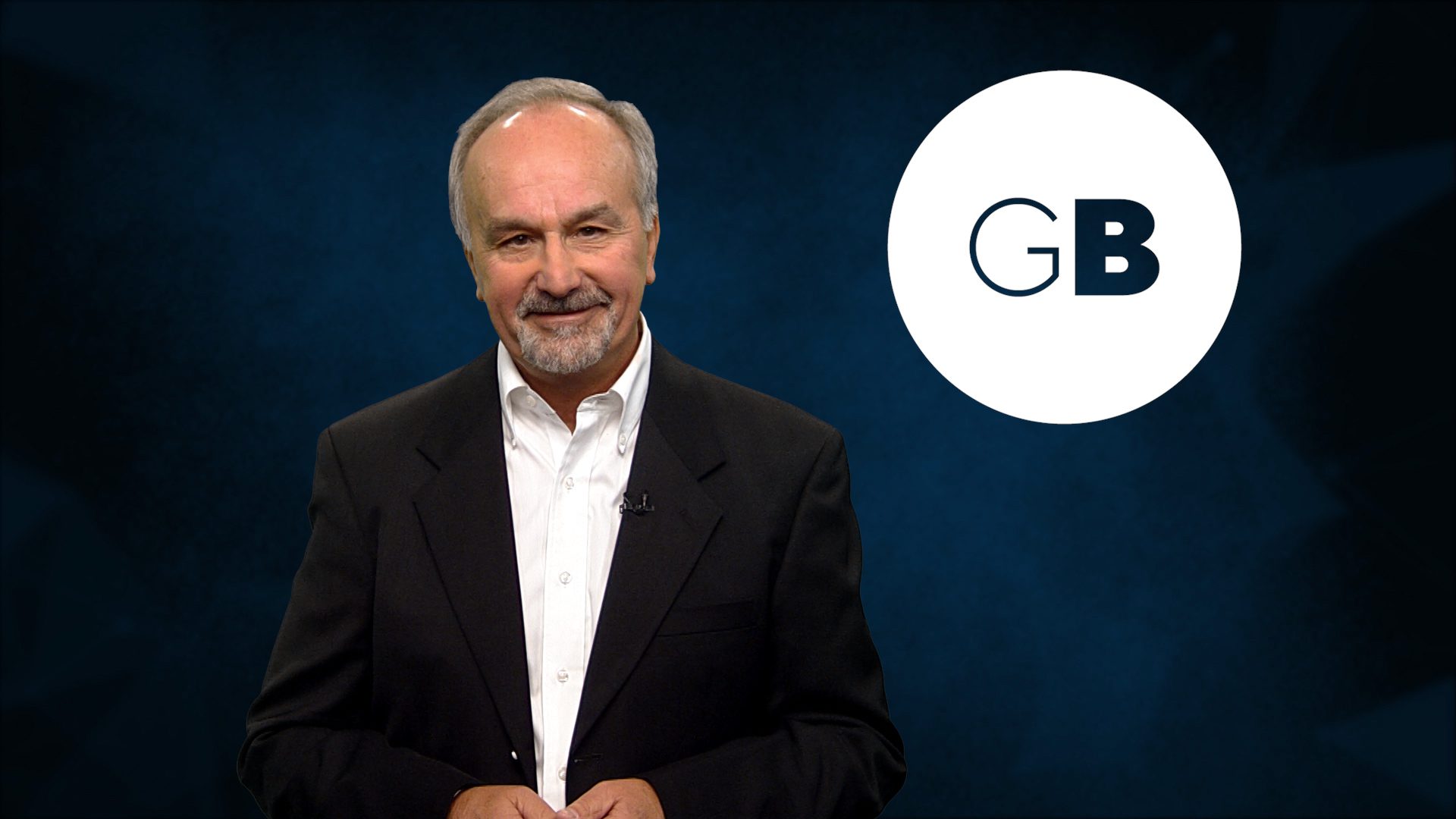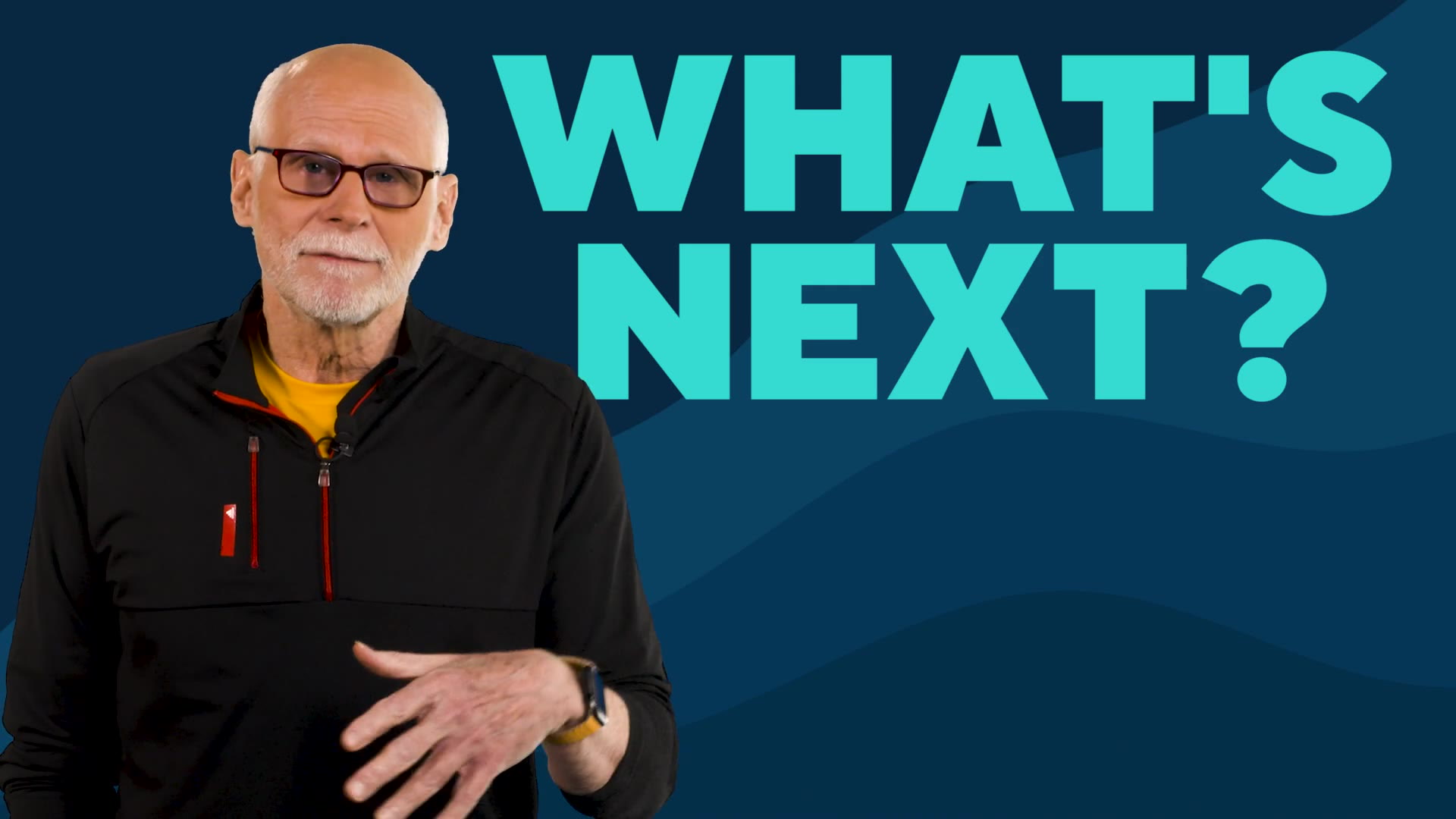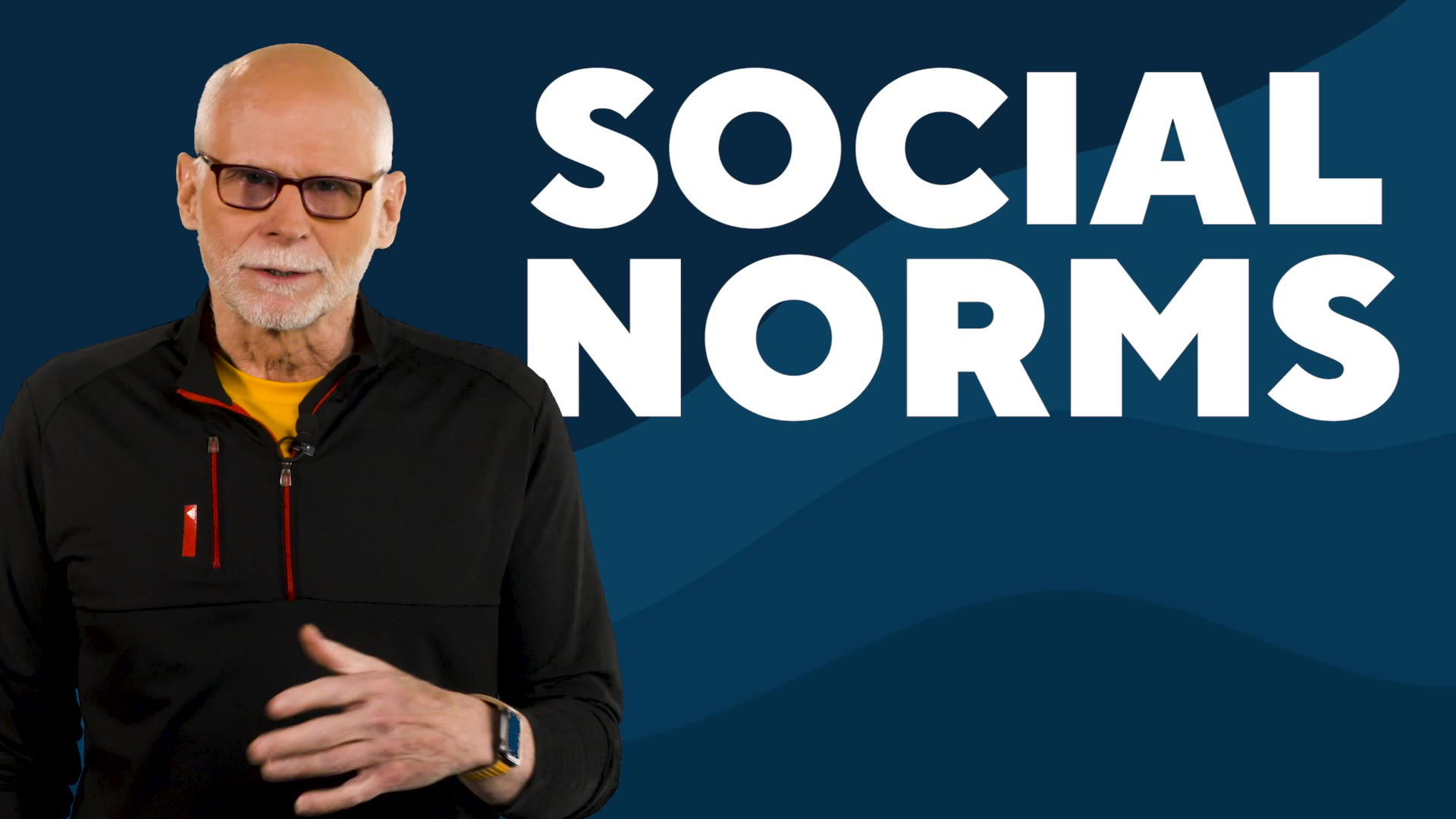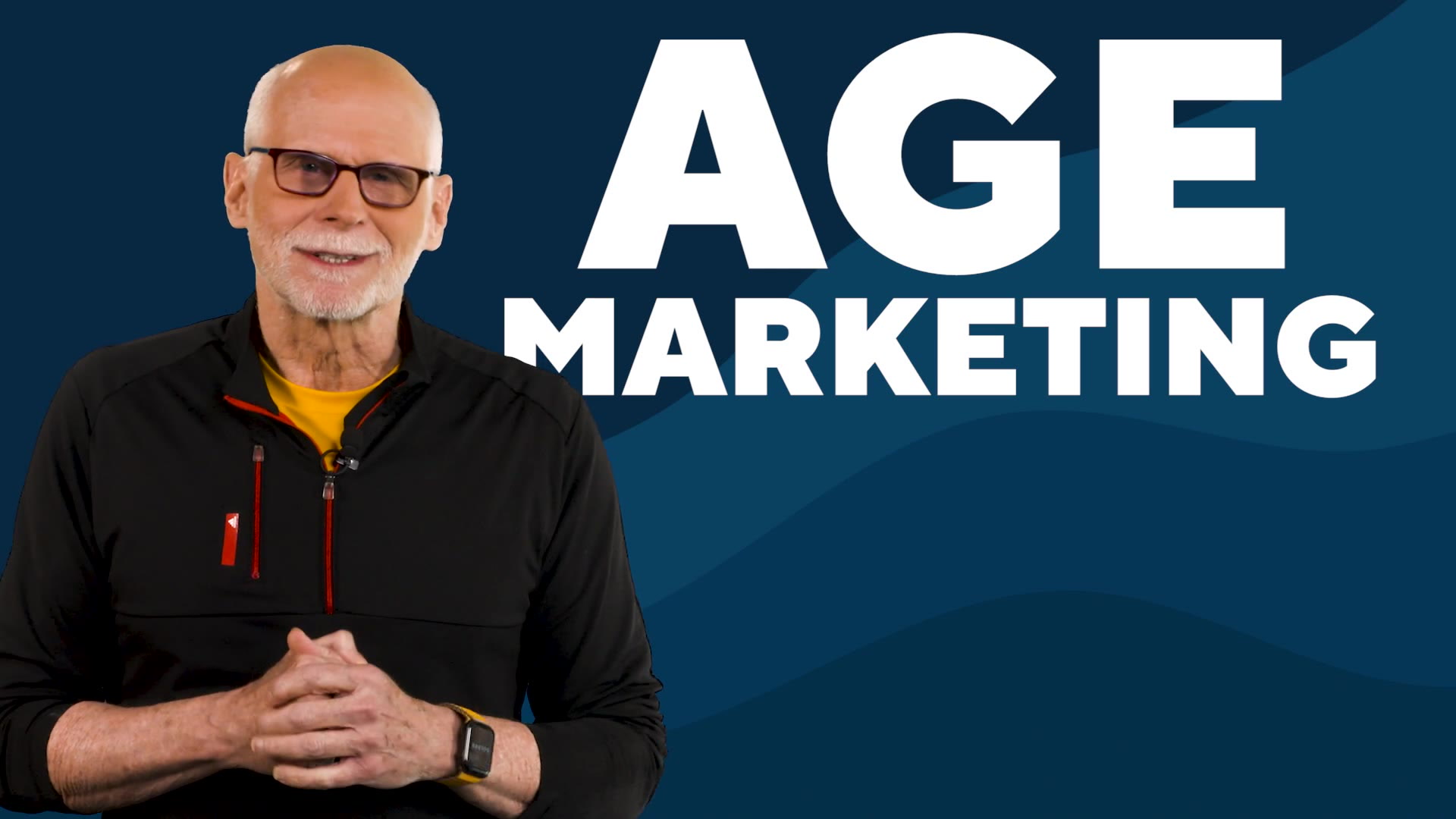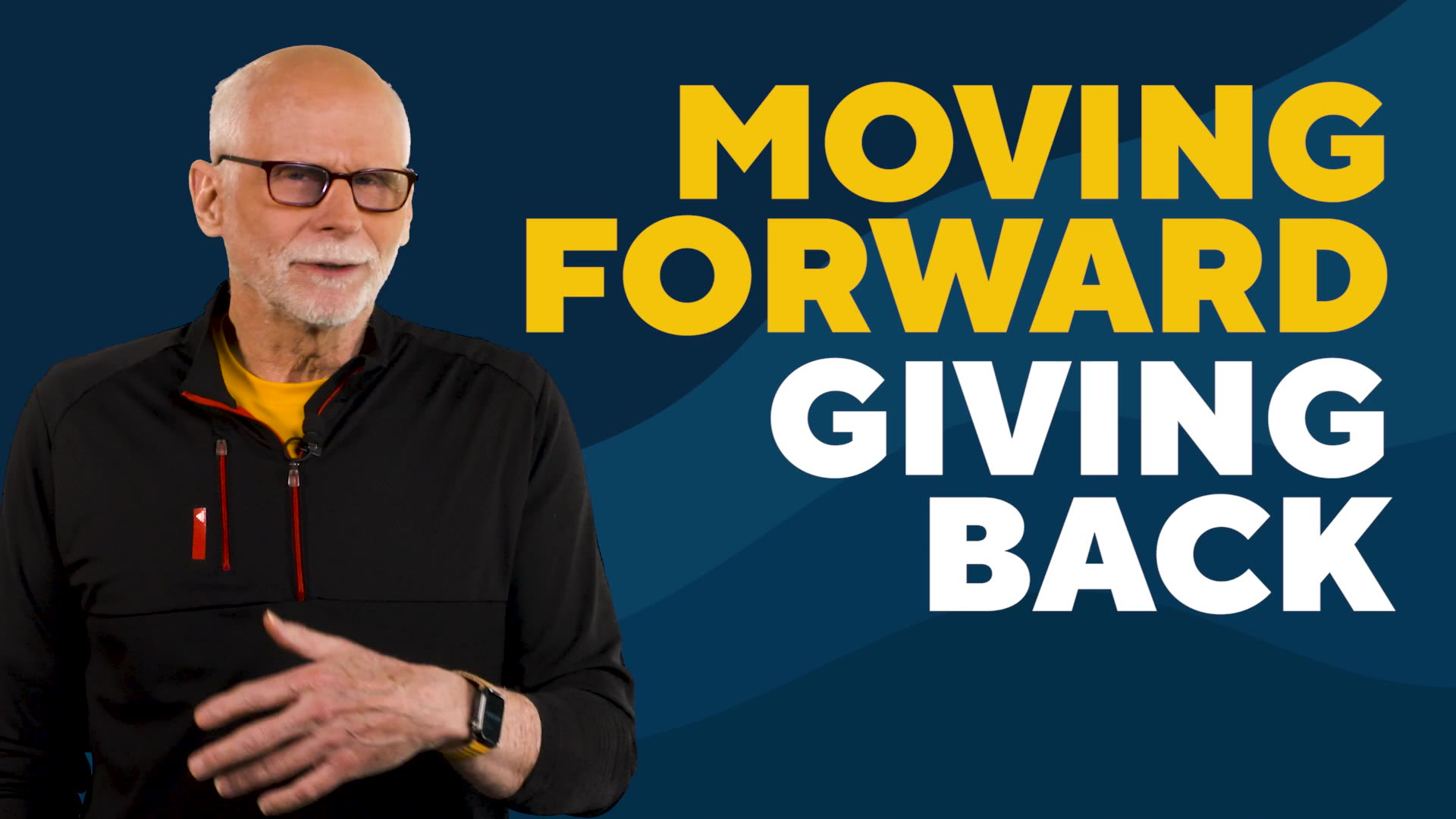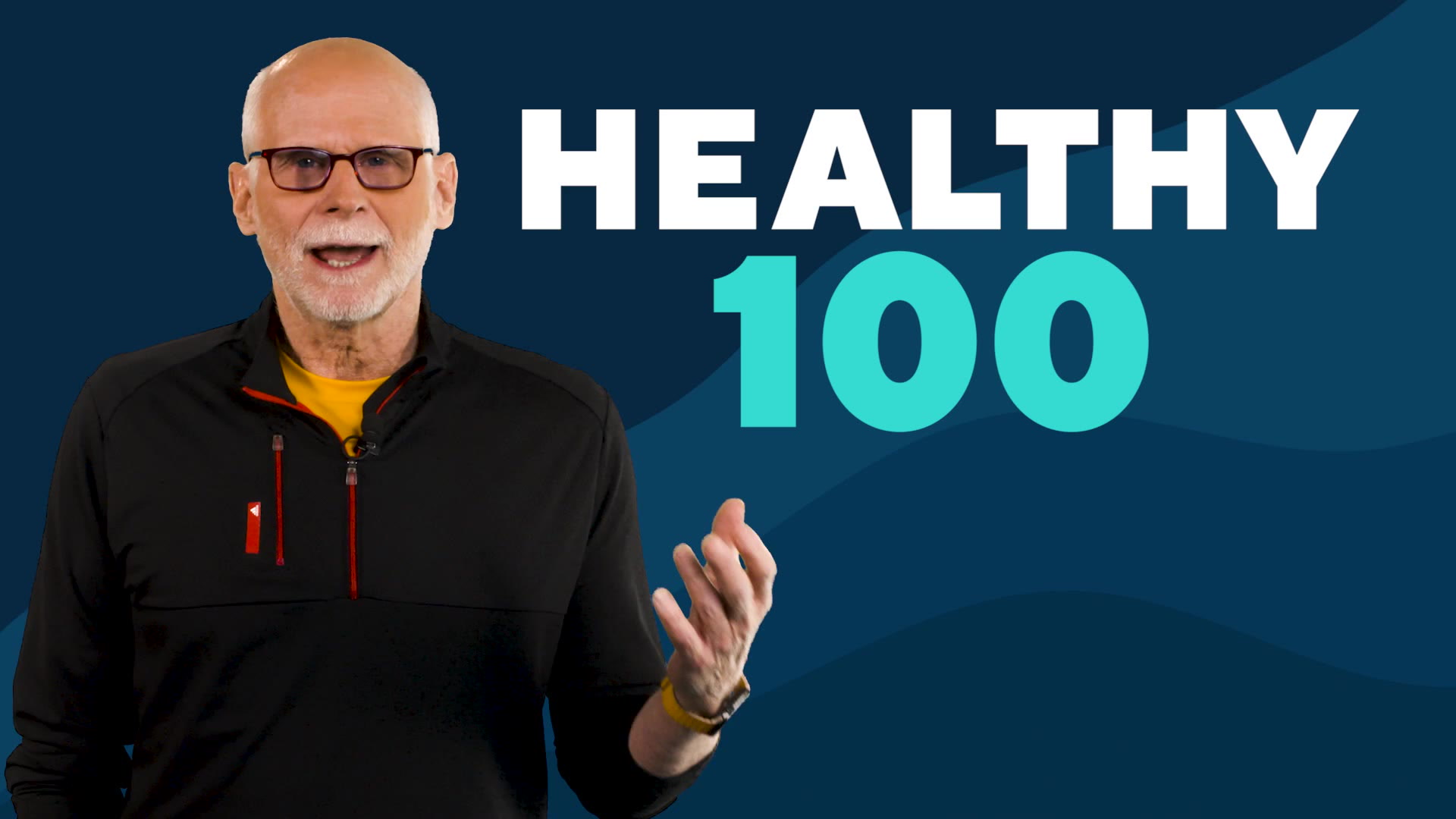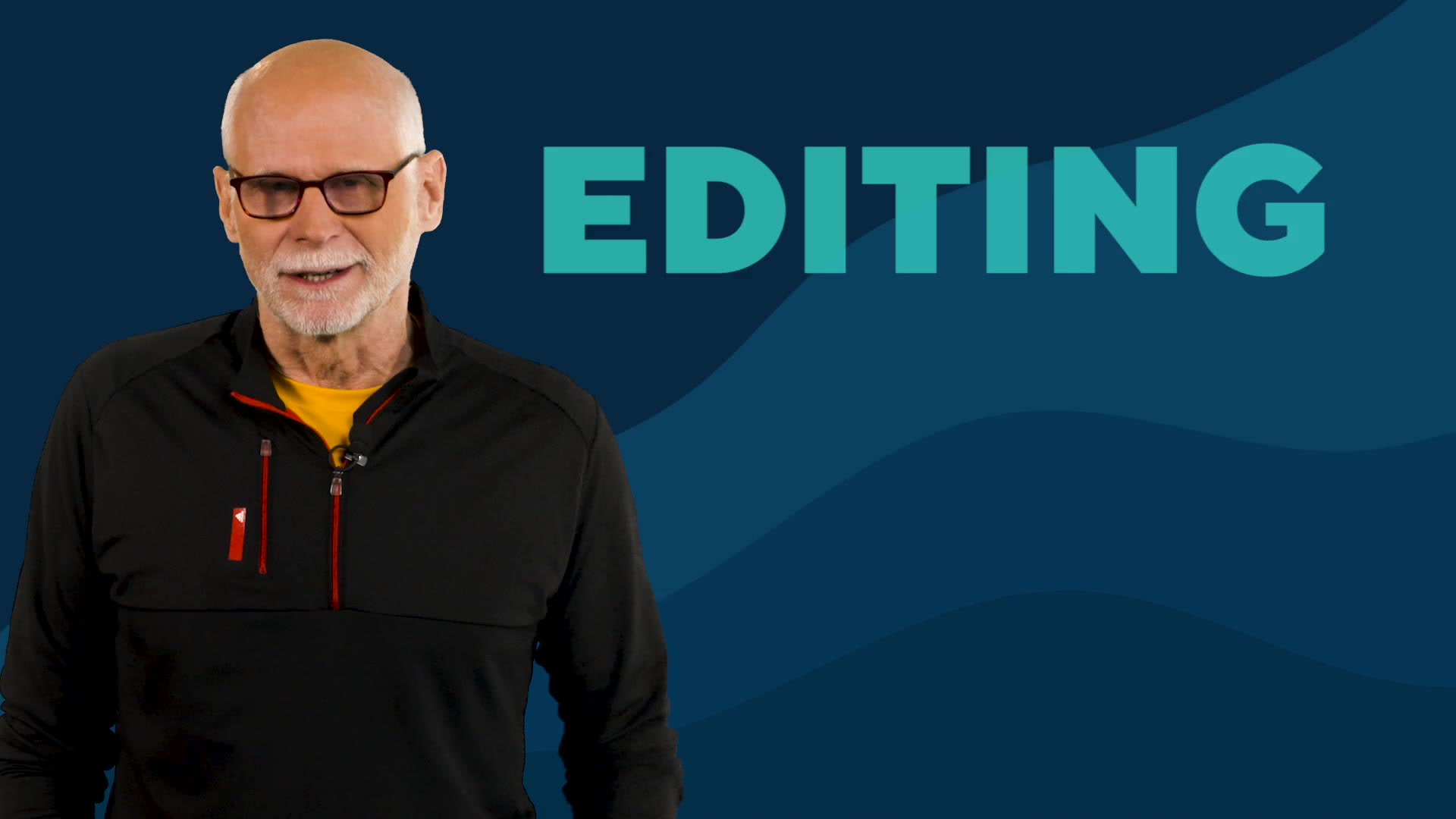We all have more control over how we age than we realize. For years, it was commonly believed that living a long life was largely tied to having great genes. In other words, it took a lot of luck to make it to a ripe old age.
We now know that we have the ability to create that luck through the lifestyle we live and the daily choices we make – not when we’re old, but right now. In fact, 70 percent of how we age is determined by the choices we make every day. That means only 30 percent is determined by genes and as we get older, that number drops even further. Incredible work being done by people like Dr. Roger Landry drives home these statistics. He’s a preventive medicine physician who specializes in empowering older adults to maximize their unique skills and talents. He is a lecturer, researcher, consultant and author of “Live Long, Die Short: A Guide for Authentic Health and Successful Aging.”
So, what does it mean to “live long, die short?” In public health terms, this is referred to as “compressed morbidity,” or limiting the amount of time that we are sick or impaired at the end of life. At Growing Bolder’s “Launchpad to What’s Next Live,” Dr. Landry shared his keys to compressed morbidity to help audiences maximize the amount of healthy years ahead.
off everything from common colds to cancer. Connecting with others eases anxiety and depression, boosts moods and increases mental health.
“You want some tips on how to make more connections?” Dr. Landry asked the crowd. “Have compassion for others and give up the need to be right.”
Develop Physical and Mental Resilience
Growing Bolder doesn’t mean ignoring the challenges of aging. It means developing a positive mindset and making lifestyle changes to be prepared for them, so you can bounce back from setbacks and live the best life possible.
“How do we develop resilience?” Dr. Landry asked the crowd. “It’s simple, it’s lifestyle choices. We are creatures of movement, everything works better when we move. Start moving. In fact, sitting is the new smoking, according to research by the Mayo Clinic.”
While getting active can help our bodies get prepared to handle challenges, Dr. Landry expressed the importance of getting our minds ready, too.
“Learning new things leads to neuroplasticity, which allows us to rewire our brain,” Dr. Landry said. “We can rewire our brain when we need it, even if from injury, by learning. Doing things like eating with your opposite hand, learning a language or a craft, or just getting out of our comfort zone every now and then.”
Stay Socially Connected
According to the CDC, social isolation is just as dangerous as smoking or obesity as we age. It is crucial to stay connected and not neglected. Social engagement can boost your immune system, helping the body fight off everything from common colds to cancer. Connecting with others eases anxiety and depression, boosts moods and increases mental health.
“You want some tips on how to make more connections?” Dr. Landry asked the crowd. “Have compassion for others and give up the need to be right.”
Find Purpose in Your Life
Purpose fuels the life force. It’s important to have something that gets us out of bed every morning. We need unfinished business. It’s common to hear about people passing away not long after retiring from a lengthy career or following the death of a spouse. That’s largely because the job or the relationship provided purpose.
Your purpose doesn’t have to be profound. It must simply move you to action. It could be in art, volunteering, entrepreneurship, music, sports or so much more.
“Be the person that you were meant to be at this stage in your life,” Dr. Landry urges. “Mary Oliver once wrote, ‘Tell me, what is it you plan to do with your one wild and precious life?’ That’s a question for all of us to answer every day.”

